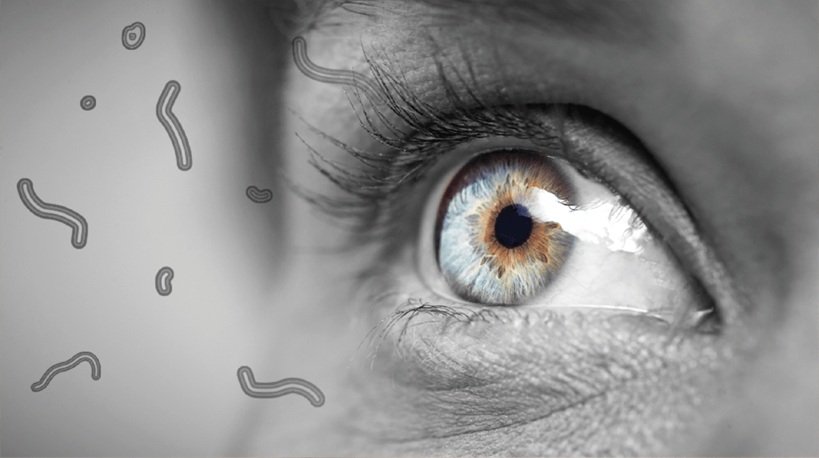In recent years, the therapeutic potential of cannabinoids derived from the cannabis plant has garnered significant attention. Among these compounds, THC (tetrahydrocannabinol) and CBD (cannabidiol) have taken the spotlight for their potential to address various health issues, including anxiety and mood disorders. However, a lesser-known cannabinoid called HHC (hexahydrocannabinol) has emerged as a subject of interest in the realm of mental health treatment. Read the guide to explore the potential of HHC as a treatment for anxiety and mood disorders.
Understanding HHC (Hexahydrocannabinol)
HHC, also known as cyclohexyl THC, is a naturally occurring cannabinoid found in trace amounts in certain strains of cannabis. While its presence is less common than THC or CBD, researchers have begun to study its effects and potential therapeutic applications. HHC is structurally similar to THC but has a cyclohexane ring instead of a pentane ring, which could lead to different interactions within the body’s endocannabinoid system.
The Endocannabinoid System and Mood Regulation
The endocannabinoid system (ECS) plays a crucial role in maintaining physiological balance, or homeostasis, within the body. This system consists of cannabinoid receptors (CB1 and CB2) and endocannabinoids produced by the body. Researchers believe that the ECS also has a role in regulating mood and emotional responses. Cannabinoids like HHC interact with these receptors and could potentially influence mood regulation.
Mechanisms of HHC in Anxiety and Mood Disorders
While research on HHC is still in its early stages, there are several mechanisms through which it might affect anxiety and mood disorders:
Neurotransmitter Modulation: HHC could impact the levels of neurotransmitters like serotonin and dopamine, which are closely linked to mood regulation. By modulating these neurotransmitters, HHC might contribute to a more balanced emotional state.
Neurogenesis Promotion: Some studies suggest cannabinoids, including HHC, might promote neurogenesis – the formation of new neurons – in the hippocampus, a brain region associated with emotions and memory. This neurogenesis could potentially help alleviate symptoms of anxiety and mood disorders.
Stress Response Regulation: HHC might play a role in regulating the body’s stress response. By reducing the release of stress hormones like cortisol, HHC could help individuals better manage stress and anxiety.
Current Research and Clinical Trials
The research on HHC’s potential benefits for anxiety and mood disorders is limited, but there are promising indicators. Animal studies have shown that HHC can have anxiolytic (anxiety-reducing) effects and could impact stress-related behaviors. However, these findings need to be validated in human trials.
Clinical trials involving cannabinoids are complex due to regulatory and ethical considerations. Despite these challenges, researchers are increasingly investigating the therapeutic potential of cannabinoids, including HHC, for mental health conditions. Early results suggest that HHC might have a role in anxiety and mood disorder treatment, but larger and more rigorous trials are needed to establish its efficacy and safety.
Challenges and Considerations
As with any potential treatment, there are important factors to consider when exploring the use of HHC for anxiety and mood disorders:
Individual Responses: Just like other cannabinoids, individual responses to HHC might vary. What works well for one person might not have the same effects on another.
Side Effects: While cannabinoids are generally considered safe, they can still have side effects. More research is needed to determine the potential side effects of HHC and how they compare to other treatment options.
Regulation and Accessibility: The regulatory landscape for cannabinoids can vary by region. Access to HHC-based treatments might be limited, making assessing legal and practical considerations important.
Conclusion
The potential of HHC (Hexahydrocannabinol) as a treatment for anxiety and mood disorders is an area of growing interest. While research is still in its early stages, the mechanisms of action suggest that HHC could play a role in regulating mood and emotions. However, rigorous clinical trials are needed to establish its efficacy and safety in treating these conditions. As the field of cannabinoid research advances, it’s essential to consider HHC as a potential tool in the broader landscape of mental health treatments.












